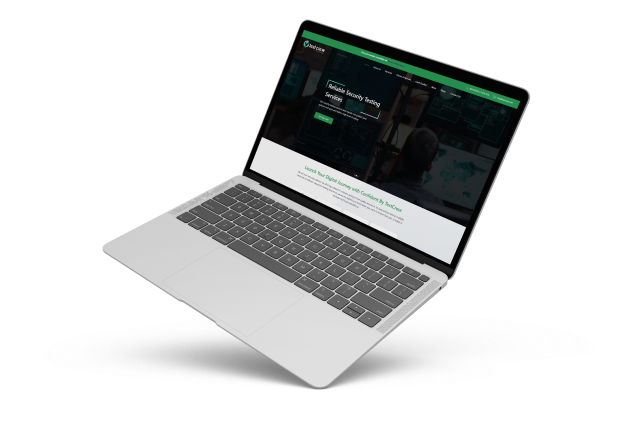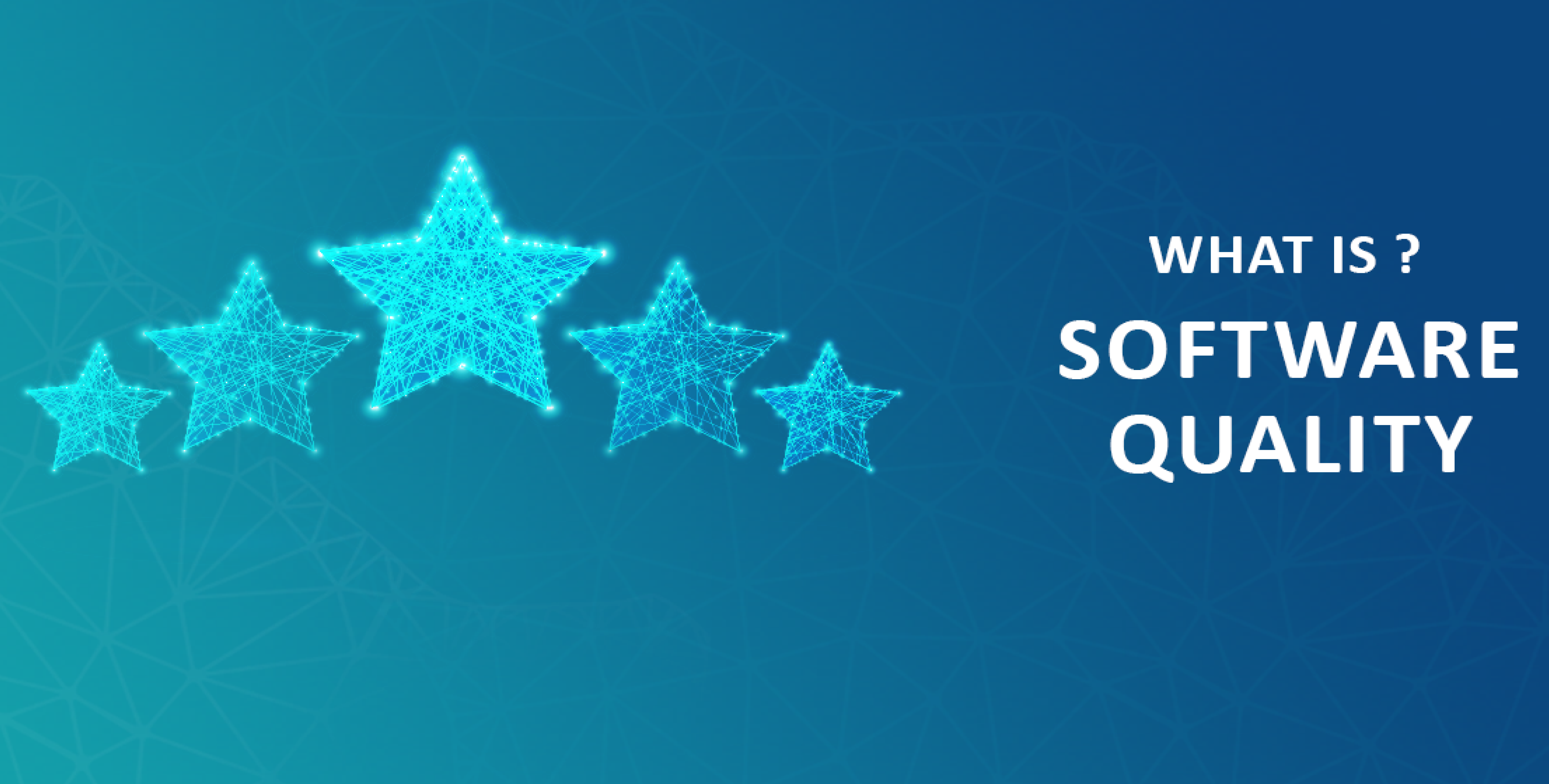The process of building and developing software and applications goes through many phases, starting from gathering requirements, determining the system’s characteristics and specifications, to the process of delivering the system to the end-user. During this process, there’s an important phase considered one of the most important phases that determine the destiny of the system and software, which is the process of testing the software. Before we start talking about the best software testing certifications, we need to know what software testing is, and is it worth getting a certification in this field?
Software Testing
Software testing can be defined as a full investigation process that consists of several phases. Its main objective is to ensure that the software or system is free from any defects or faults that would prevent it from working properly, in addition to ensuring that the end user’s expectations have been met. The ultimate objective that those concerned with software testing try to reach is achieving its quality.
Why should we care about software testing?
The software testing phase cannot be skipped during the development and building of the software and even before delivering it. That’s because faults and defects in the software may lead to a huge money loss and may even extend to the loss of human lives, and history is rife with evidence and events attesting to that.
Nissan Motor Corporation had to withdraw over a million cars from its clients in the market due to a coding error in the airbag sensors as two accidents were recorded as a result of that. In 2015, the American combat aircraft F-35 was a victim of a coding error that made it incapable of locking its targets with precision.
Is it worth getting a certification as a software tester?
An obvious question every person asks at least once during their software testing career. Getting a software testing certification is interesting enough to be considered and studied. To answer this question, it’s important to consider:
- Certification helps employees acquire knowledge and skills, and that, in turn, leads to improving companies’ economy and gives it power against competitors.
- Getting certified gives you many practical skills that will boost your career.
- Getting certified helps compensate for deficiencies and decrease gaps between theory and practice.
- Learning is a lifelong process. Getting certified doesn’t only mean recalling basic information, but also puts you on the right track and helps you discover the latest improvements and developments in your field.
Types of Software Testing Certifications
There are many organizations that give accredited certifications in the field. There are even some corporations that have their own exams and certifications such as HP, and they also use their own software testing tools.
The two most popular organizations that administer exams and give internationally accredited software testing certifications are the International Software Testing Qualifications Board (ISTQB) and Quality Assurance Institute (QAI).
International Software Testing Qualifications Board (ISTQB)
The ISTQB provides a diverse number of certifications that fall under three paths: Core, Agile, and Specialist. Each path has different levels:

We’ll discuss the Core path, which includes the most popular certifications and tests known in this field.
The Foundation Level is suitable for anyone looking to acquire the basics of software testing, including people in roles such as software testers, test analysts, test engineers, software testing teams’ managers and consultants, and final acceptance testing specialists. In addition to these job titles, the Foundation Level is also suitable for project managers, quality managers, software development managers, systems analysts, IT directors, and management consultants.
The Foundation Level certifications are a prerequisite to other certifications, meaning that you won’t be able to take the other levels’ exams unless you get the Foundation Level’s certification. You can take this Level’s exam either through attending a training program by an ISTQB accredited training provider or through self-study.
The Advanced Level certification is aimed at individuals who have achieved an advanced point in their careers in software testing. That includes people in roles such as test designers, test engineers and analysts, test managers, user acceptance testers, and software developers.
To receive Advanced Level certification, candidates should first acquire the Foundation Level certification and satisfy the Exam Board which examines if the candidate has sufficient practical experience to qualify for the Advanced Level.
The Advanced Level includes three paths:
- Test Manager
- Test Analyst
- Technical Test Analyst
The Expert Level certification helps increase the amount of knowledge and experience gained at the Advanced Level by providing deep practical knowledge in a range of different testing subjects. With Expert Level ISTQB offers career paths for testers with clearly defined business outcomes.
The Expert Level certification currently has two modules:
- Improving the Testing Process
- Test Management
Quality Assurance Institute (QAI)
The Institute offers three certifications:
- Certified Test Engineer (CSTE).
- Certified Software Quality Analyst (CSQA).
- Certified Associate in Software Testing (CAST)
Which one to choose? ISTQB or QAI?
The following table helps you decide which certification to choose as a software tester. It also shows you the main points that explain the differences between the foundation certifications in both the ISTQB and QAI:
Certification
Organization
Responsible
Representative in Saudi Arabia
Type of Organization
Number of Certifications
Holders
Number of Certifications
Holders in Saudi Arabia
Previous Qualifications
Requirements?
Does it offer free scientific
material?
Certification Fees
Is the certification valid for a
specific period of time?
Subsequent Levels
Preconditions
Nature of Exam
CTFL
International Software Testing
Qualifications Board (ISTQB)
The Kingdom of Saudi Arabia Software Testing Board (KSATQB)
Non-profit
641.000 as of December 2018
232 individuals
Not Required
Syllabus consisting of 76 pages and 43 pages for terms
$250.00
The certification does not expire.
Certified Tester, Advanced Level (CTAL):• Test Analyst• Technical Test Analyst • Test Manager
Applicants should preferably have at least 6 months of experience in software testing or any other job related to software quality
Exam Duration: 75 minutes
Closed-book
40 MCQs
One mark for each question
To pass the exam, you need to get a rate of 65% or higher (26 correct answers)
CSTE
Quality Assurance Institute (QAI)
None
Private – Profit
Unknown
Unknown
Not Required
Scientific material consisting of 10 pages
$350.00 to $420.00
Yes – the certification needs to be renewed every 3 years
Advanced (ASTE) Master (MSTE)
18 months of experience in software testing + minimum amount of knowledge
Exam Duration 270 minutes
Consists of 4 sections
Two sections with 50 objective questions each, and the duration of each section is 45 minutes
Two sections with 6-10 non-objective questions each, and the duration of each section is 75 minutes.
A 10-minute break between each section
To get the certification you should score a rate of 70%




